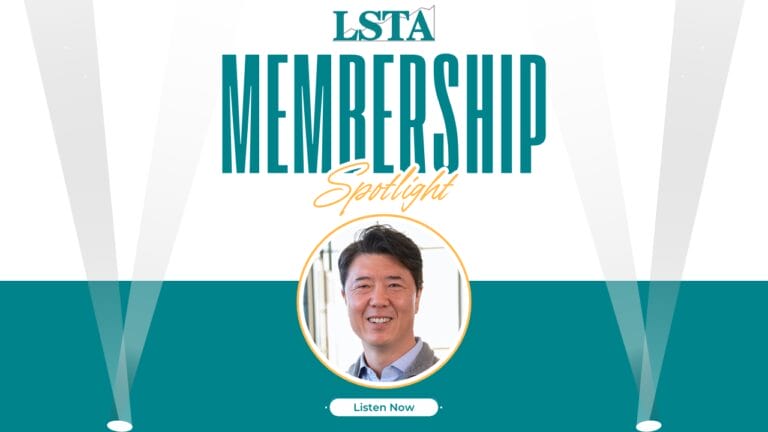January 24, 2018 - Last year, the fate of Leveraged Lending Guidance was thrown into question when Senator Pat Toomey alleged – and the Government Accountability Office (GAO) confirmed – that it was a Rule for the purposes of the Congressional Review Act (CRA). As we reported in December, Representative Leutkemeyer then wrote to the Federal Reserve, OCC and FDIC to ask what their next steps were in reviewing and possibly reopening the Guidance.
So what is next? We have long suspected that there needed to be a full regulatory roster in place before the Guidance could seriously be reviewed and potentially reopened for comment. Where do we stand on that score? The new Comptroller of the Currency, Joseph Otting, is in place, as is Randall Quarles, the Fed Vice-Chair for Supervision. However, we’ve been waiting for the heads of the Federal Reserve and the FDIC to be confirmed. On Tuesday, February 23rd, progress was made. The Senate voted 84-13 to confirm Jerome Powell as the next Chairman of the Federal Reserve, Bloomberg reported. He is likely to take his seat when Chair Janet Yellen’s term expires on February 3rd.
Also on Tuesday, FDIC Chair nominee Jelena McWilliams participated in a Senate Banking Committee confirmation hearing, along with Federal Reserve nominee Marvin Goodfriend and FSOC nominee Thomas Workman. As Politico Pro reported, Ms. McWilliams and Mr. Workman largely got a pass from the Democrats, who focused their ire on Mr. Goodfriend’s past statements. When she testified, Ms. McWilliams concentrated on the impact of regulation on community banks, the WSJ reported. That said, even if her confirmation moves smoothly, it’s possible that Ms. McWilliams might not take her seat immediately. Politico Pro reported the White House said she would not be able to take over the FDIC until Vice Chairman Hoenig leaves; his term is scheduled to expire April 2nd.
Assuming the agencies do reopen the Guidance for comment and review, what refinements might industry seek? While many people believe the Guidance primarily forbids banks from underwriting LBO loans with leverage over 6x, that is not exactly right. In reality, the Guidance has affected two different areas of the leveraged loan market. First, it defined a regular-way “leveraged loan” as a loan to a company whose senior leverage is over 3x or total leverage is over 4x (with some exceptions). This definitional change captures many investment grade companies and actually nearly doubled the size of the Shared National Credit (SNC) leveraged loan portfolio.
Second, in practice, the Guidance severely curtailed banks’ ability to originate or invest in “non-pass” loans; these are generally defined as loans where companies cannot demonstrate the ability to repay all their senior debt or half their total debt in five to seven years. While most folks have focused on the “non-pass loan” origination issue, banks tell us that an overbroad definition of “leveraged loans” actually is more problematic. The LSTA will work with its members and working groups to determine key issues and engage with the banking agencies on Guidance in 2018.






